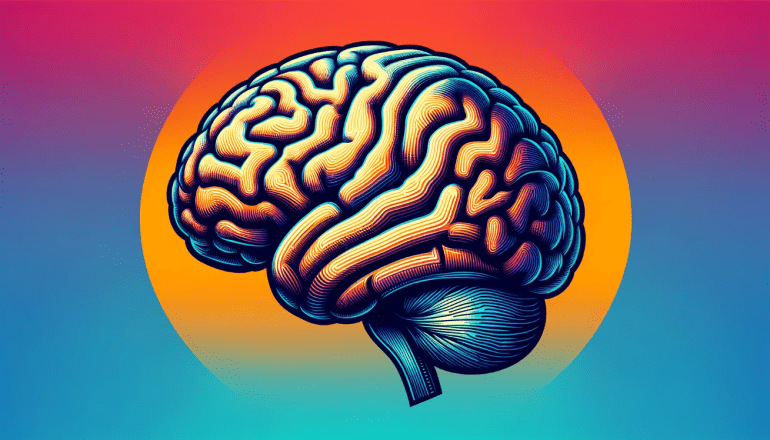- Appcast and BCG collaborated on the “Decoding Global Talent 2024: Work Preferences in the Age of AI” report.
- 86% of global respondents are aware of generative AI, with 39% using it regularly.
- In the U.S., 41% regularly use generative AI, primarily in IT, digitalization, AI, data science, marketing, and media.
- Most U.S. respondents (94%) are not concerned about AI replacing their jobs; instead, they see AI enhancing productivity and creating new opportunities.
- AI adoption is highest among younger and highly educated professionals.
- U.S. workers use AI for writing (35%), administrative tasks (34%), and personal development (42%).
- Despite optimism, many review AI outputs before use (39%), while 19% trust AI outputs without changes.
Main AI News:
In a groundbreaking collaboration, Appcast, a leader in recruitment marketing technology, partnered with Boston Consulting Group (BCG) to unveil insights from their latest report, “Decoding Global Talent 2024: Work Preferences in the Age of AI.” This comprehensive study, conducted in conjunction with The Network and The Stepstone Group, marks the fourth installment in their series on international workforce trends.
The report highlights a significant shift in global attitudes towards artificial intelligence (AI), particularly in how AI is perceived as a catalyst for skill enhancement rather than a threat to job security. Surveying respondents across various demographics and industries, the study reveals that an overwhelming majority, 86%, are familiar with generative AI, with 39% incorporating it into their regular workflow—reflecting its growing integration into everyday professional tasks.
Notably, while the United States maintains a slightly higher adoption rate of generative AI at 41%, countries like India, Pakistan, China, Morocco, and Tunisia lead with adoption rates surpassing 50%. Despite this, concerns about job displacement due to AI remain low among U.S. respondents, with only 6% expressing worry about AI eliminating their current roles.
Andrew Flowers, Chief Labor Economist at Appcast, emphasizes the transformative potential of AI in the workplace: “While AI may automate routine cognitive tasks, its true power lies in augmenting human capabilities, fostering productivity, and generating new opportunities.” This vision of the ‘Centaur worker’—where humans collaborate seamlessly with AI—points towards a future characterized by enhanced efficiency and creativity, reshaping the labor market in positive ways.
The study identifies key segments of the U.S. workforce at the forefront of AI adoption, notably those under 30 years old and individuals holding advanced degrees. Professionals in IT, digitalization, AI, data science, marketing, media, and creative fields demonstrate the highest levels of AI integration, underscoring its broad applicability across diverse sectors.
Moreover, the report delves into how U.S. workers leverage generative AI across both professional and personal domains. At work, AI supports a spectrum of tasks including writing (35%), administrative duties (34%), and creative endeavors (31%). On a personal level, respondents use AI for learning and skill development (42%), acquiring factual knowledge (33%), and enhancing creative content (28%).
Despite its capabilities, generative AI remains a dynamic tool in progress. A significant portion of respondents (39%) review AI-generated outputs before final use, while others integrate AI outputs as inputs (24%) or vary their usage based on specific tasks and tools employed (18%). Nonetheless, 19% express full confidence in AI outputs, using them directly without further modifications.
As businesses and individuals embrace AI’s transformative potential, the findings from Appcast and BCG’s report underscore a paradigm shift towards collaboration between humans and AI. This symbiotic relationship not only enhances operational efficiency but also propels innovation, paving the way for a future where AI augments human ingenuity across global industries.
Conclusion:
Incorporating AI into workforce practices represents a significant shift towards collaborative innovation rather than displacement. As AI becomes integral across industries, businesses should prioritize upskilling initiatives to leverage AI’s potential for enhancing productivity and fostering creativity. This strategic integration not only prepares organizations for future technological advancements but also cultivates a workforce capable of harnessing AI’s transformative power effectively.

